AI vs Human Intelligence: How to Prepare for a Future with Both
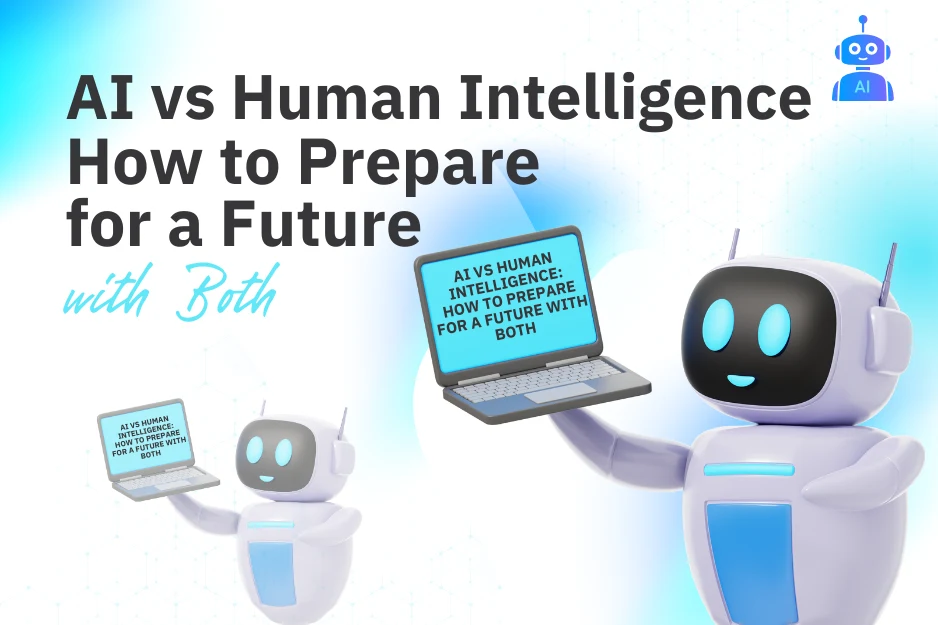
(Balancing Technology and Humanity in CBSE Education)
Artificial Intelligence (AI) is transforming how we live, learn, and work. But what does this mean for human intelligence, especially for students preparing for their CBSE board exams and beyond?
The truth is: AI is not here to replace human intelligence — but to complement it. The future belongs to those who can harness both effectively.
In this blog, we’ll explore the key differences between AI and human intelligence, and share practical tips on how CBSE students can prepare to thrive in a world that demands both.
🧠 What Is Human Intelligence?
Human intelligence involves:
- Emotional understanding and empathy
- Creativity and imagination
- Ethical judgment and values
- Adaptability in unpredictable situations
- Intuition and complex problem-solving
🤖 What Is Artificial Intelligence?
AI involves:
- Processing vast data quickly
- Recognizing patterns and making predictions
- Automating repetitive tasks
- Learning from data (machine learning)
- Performing specific tasks faster than humans
🔑 Key Differences: Why Both Matter
| Aspect | Human Intelligence | Artificial Intelligence |
|---|---|---|
| Creativity | High; generates new ideas | Limited to programmed creativity |
| Emotions | Understands and expresses | None; follows algorithms |
| Learning | Experiential and adaptive | Data-driven and pattern-based |
| Ethics | Makes moral judgments | Depends on human input |
| Speed | Slower, thoughtful | Fast, repetitive tasks |
| Problem Solving | Complex, context-aware | Specialized, narrow scope |
🎯 How CBSE Students Can Prepare for a Future with AI & Human Intelligence
1. Develop Critical Thinking & Creativity
Focus on subjects and activities that encourage:
- Analysis and evaluation
- Innovative projects and arts
- Open-ended problem-solving
2. Build Strong Digital & Data Literacy
Learn to:
- Use AI tools responsibly
- Understand basic coding and algorithms
- Analyze data for decision making
3. Cultivate Emotional Intelligence & Ethics
Practice:
- Empathy and teamwork
- Ethical reasoning and social responsibility
- Mindfulness and self-awareness
4. Adapt & Learn Continuously
Embrace a growth mindset:
- Be curious and open to new skills
- Stay updated with technological advances
- Seek feedback and reflect regularly
📚 How CBSE Curriculum Supports This Balance
| Area | What CBSE Offers |
|---|---|
| Critical Thinking | Competency-based questions, case studies |
| Digital Skills | AI as a skill subject, coding, data science |
| Ethics & Values | Life skills, moral education |
| Continuous Assessment | Feedback-driven learning cycles |
| Project Work | Cross-curricular, real-world problem solving |
🏁 Final Thoughts: Embrace the Best of Both Worlds
AI can supercharge your learning and productivity, but human intelligence gives you heart, ethics, and creativity. The ideal student is one who masters technology while nurturing uniquely human skills.
Balance your study routine between:
- Technology use (AI tools, coding)
- Creative and ethical learning (arts, discussions, reflections)
That’s how you prepare for a future where AI and humans thrive together.


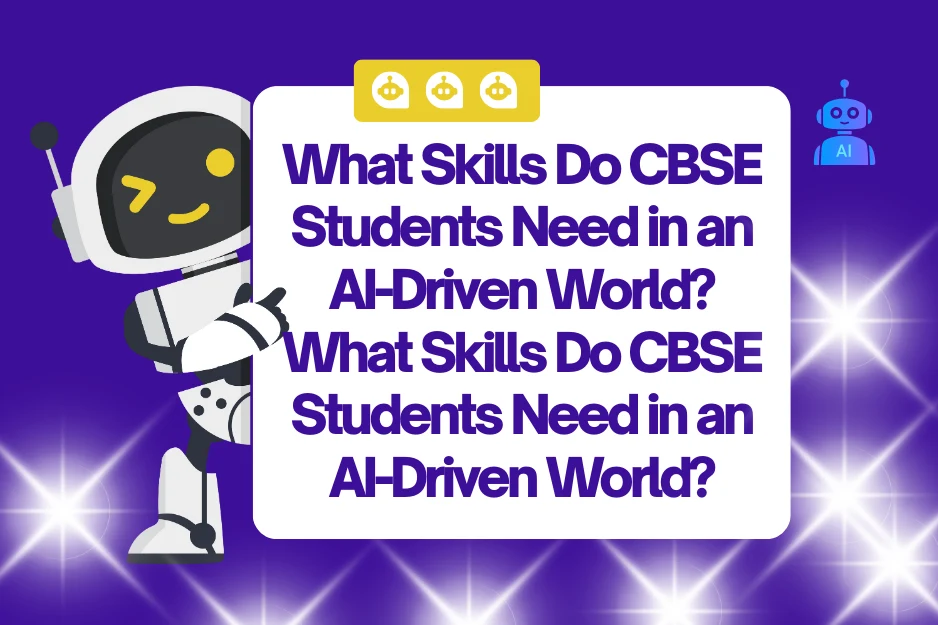
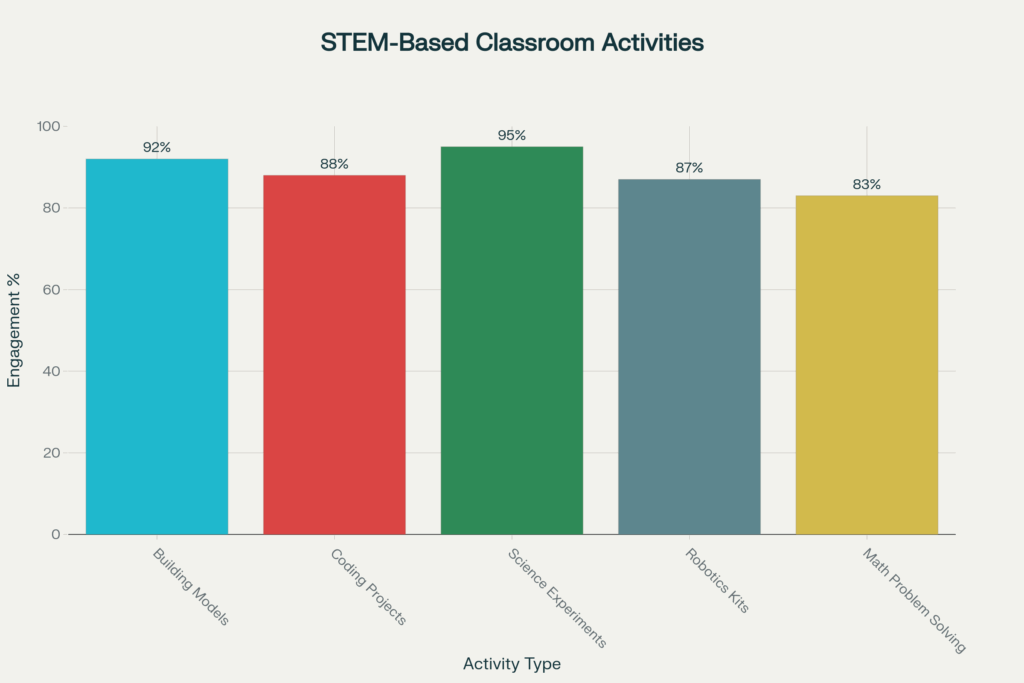
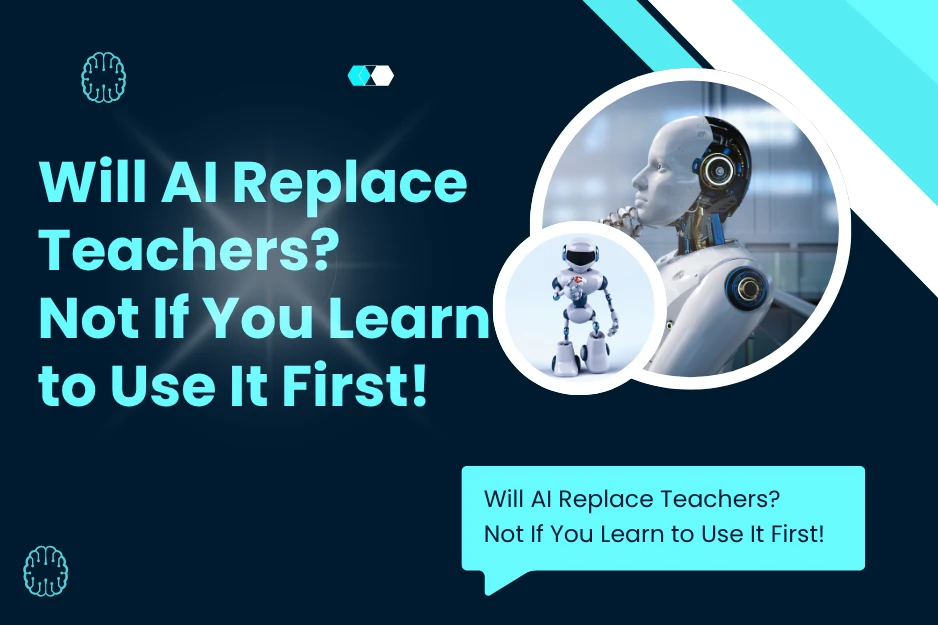
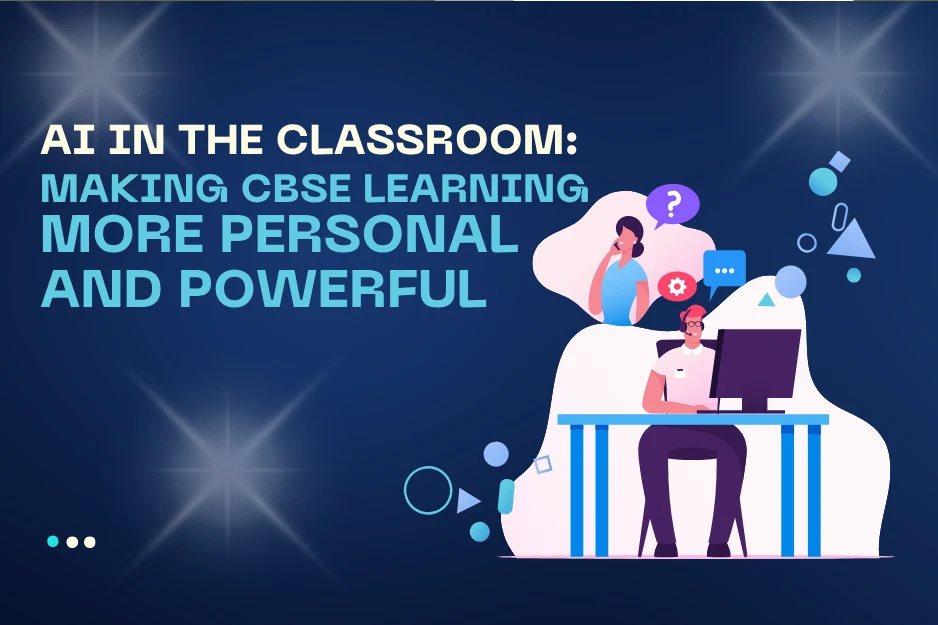
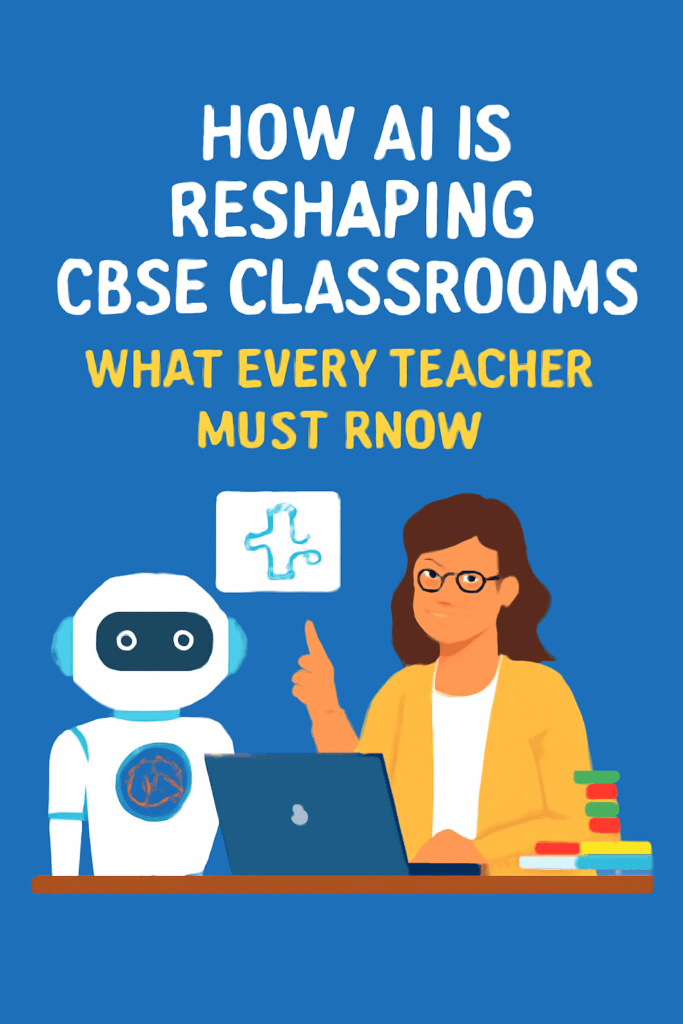
Responses